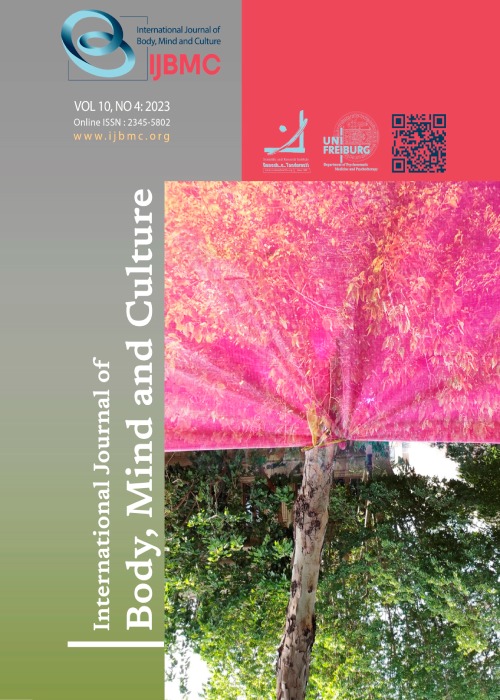Comparing the Effectiveness of Schema Therapy and Integrated Cognitive-Speech Approach on Negative Emotions and Distress Tolerance in People Suffering from Stuttering
Stuttering is a communication disorder that includes primary and secondary behaviors. One of the problems in generalizing and consolidating the treatment of people with stuttering disorder is the inappropriate attitudes that have been created toward these people. This study was conducted with the aim to compare the effectiveness of schema therapy and integrated cognitive-speech approach on distress tolerance and negative emotions in people with stuttering disorder.
This quasi-experimental study was performed with a pretest-posttest design, follow-up, and a control group. The statistical population included all people with stuttering disorder of 18 to 30 years of age who referred to speech therapy clinics in Sabzevar, Iran, in 2019. The hidden part of stuttering, which includes emotions, feelings, fears, and worries arises in the minds of stutterers with age. Accordingly, in this study, adult stutterers of 18-30 years of age were considered. The statistical sample included 30 people with stuttering disorder who were selected using convenience sampling and were randomly assigned to two experimental groups and one control group (10 people in each group). The first experimental group received schema therapy in 12 sessions of 60 minutes and the second experimental group received integrated cognitive-speech therapy in 12 sessions of 60 minutes, while the control group did not receive any treatment. The research instruments were the Positive and Negative Affect Schedule (PANAS) designed by Watson and Tellegen (1985) and the Distress Tolerance Scale (DTS) developed by Simmons and Gaher (2005). Data collection was conducted in the pretest, posttest, and follow-up stages. The collected data were analyzed using repeated measures analysis of variance (ANOVA) and Tukey’s post hoc test in SPSS software.
The results showed that there was a significant difference between the mean pretest, posttest, and follow-up scores of distress tolerance and negative emotions in the two experimental groups and control group (P < 0.05). Moreover, the significance of the interaction between the stages and the experimental groups in the mentioned variables indicates that, in the posttest and follow-up stages, the mean of the experimental groups differed significantly from that of the control group (F = 4.67, P = 0.016; F = 7.658, P = 0.002; F = 8.87, P = 0.001; F = 11.56, P = 0.001; P < 0.05).
The results showed that the two interventions of schema therapy and integrated cognitive-speech approach could greatly reduce negative emotions and increase distress tolerance and be used in the treatment of patients with stuttering disorder, but only the integrated cognitive-speech approach was effective on the distress tolerance index.
- حق عضویت دریافتی صرف حمایت از نشریات عضو و نگهداری، تکمیل و توسعه مگیران میشود.
- پرداخت حق اشتراک و دانلود مقالات اجازه بازنشر آن در سایر رسانههای چاپی و دیجیتال را به کاربر نمیدهد.


